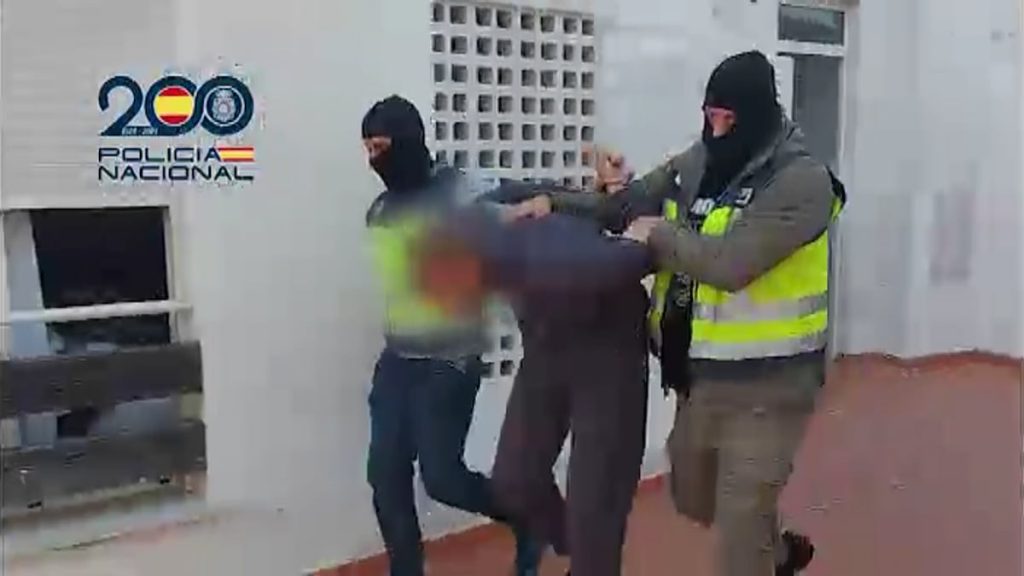The article highlights a home invasion that occurred in Estepona, Spain, where eight individuals carried out a meticulously planned attack using military tactics and a drone for support. Three members acted as lookouts while the remaining five entered the residence, tying up, beating, and threatening the occupants with firearms. The police arrested 11 Serbian men in connection with the incident, which is believed to be part of a possible feud between Balkan clans. The group’s leader was a wanted fugitive with an international arrest warrant, and nine of the suspects are now in prison.
The investigation began when five injured Serbian individuals sought treatment at a Malaga hospital without reporting the cause of their injuries. Police found blood and signs of violence in the victims’ home, indicating that they had been assaulted, bound, and shot. The attackers displayed a high level of organization, with detailed planning, multiple members involved, and logistical support from various locations in Spain. Serbian authorities confirmed that the group was linked to an armed criminal organization involved in drug trafficking, emphasizing their dangerous nature.
The police learned that the criminals intended to return to Malaga for another attack, prompting a comprehensive operation involving elite law enforcement units to arrest them. The suspects were apprehended in Malaga, Madrid, and Barcelona, with incriminating evidence seized during the raids, including firearms, ammunition, counterfeit documents, a drone, and cash. The individuals face charges of unlawful detention, robbery, illegal weapons possession, drug trafficking, and participation in organized crime, leading to the imprisonment of nine members following their judicial hearings.
The sophisticated nature of the assault, with military-style tactics, advanced planning, and international criminal connections, underscores the complexity of the case. The article emphasizes the proximity of such criminal activities, highlighting the importance of staying informed and vigilant to prevent and address similar incidents. The collaboration between Spanish and Serbian authorities in apprehending the suspects reflects the need for international cooperation in combating organized crime and ensuring public safety.
Overall, the article sheds light on a disturbing incident in Estepona, where a group of individuals carried out a violent home invasion with military precision. The arrest of the suspects, the discovery of incriminating evidence, and the subsequent legal proceedings demonstrate the authorities’ dedication to upholding justice and protecting the community from dangerous criminal organizations. The case serves as a reminder of the ongoing challenges posed by organized crime and the importance of proactive law enforcement efforts to prevent such acts in the future.


